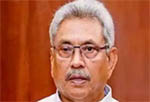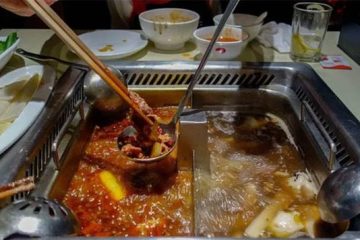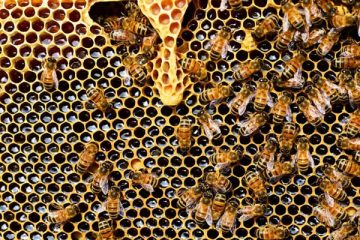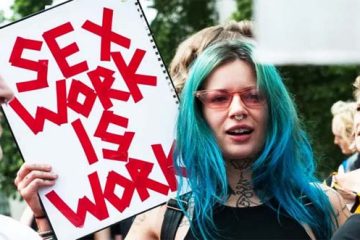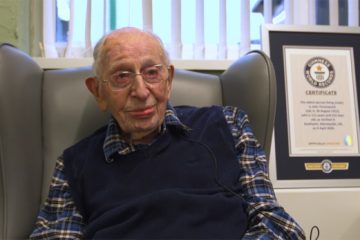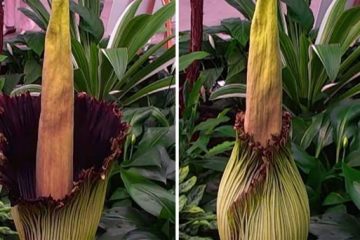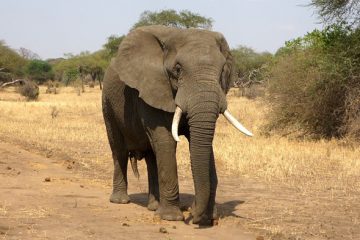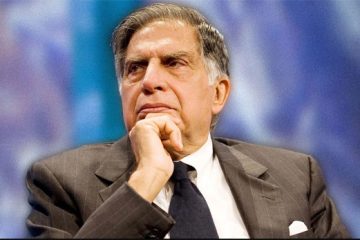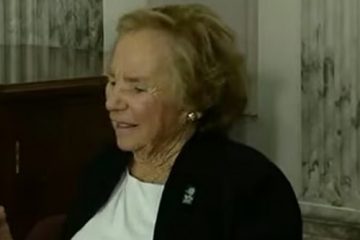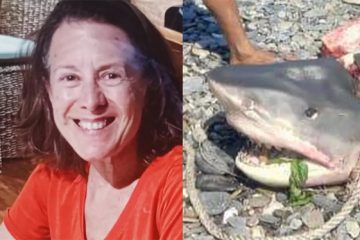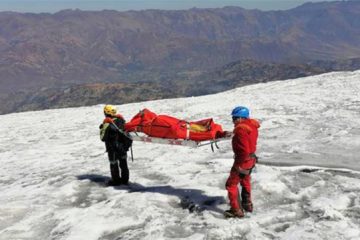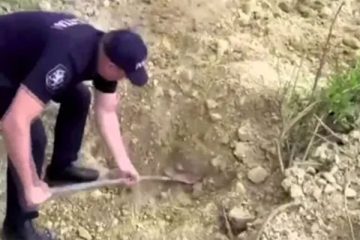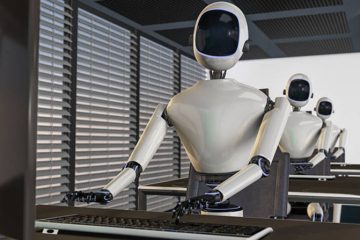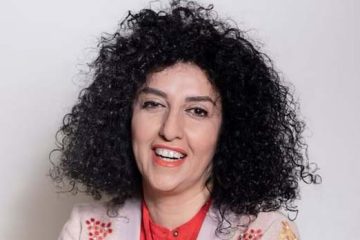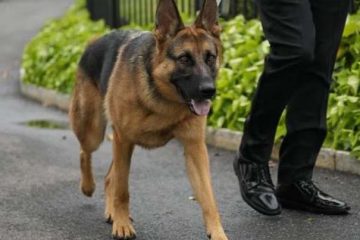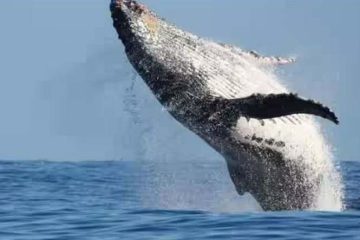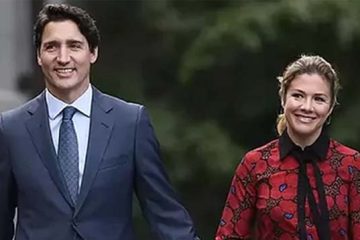Sri Lanka’s President Gotabaya Rajapaksa has left the country for the Maldives, hours before he was expected to step down amid widespread protests over his handling of a devastating economic crisis.
The country’s air force said it provided a plane early on Wednesday to fly him, his wife and two security officials to the Maldives, “under the provisions of the constitution and on a request by the government”.
A senior source told Reuters the president left for the archipelago’s capital, Male.
Key members of Sri Lanka’s ruling party are keen to back Prime Minister Ranil Wickremesinghe as their presidential nominee, a senior party source told Reuters on Wednesday. No decision has yet been taken.
Members met on Tuesday evening, with the “overwhelming consensus” being for Mr Wickremesinghe to replace Mr Rajapaksa.
The Indian High Commission in Colombo said on Twitter it “categorically denies baseless and speculative media reports” that India helped to arrange the departure of Mr Rajapaksa and his wife from Sri Lanka.
The president would most likely proceed to another Asian country from there, the Reuters source said.
The immigration official said the authorities could not prevent a sitting president from leaving the country.
Mr Rajapaksa was due to step down as president on Wednesday to make way for a unity government.
It follows thousands of protesters storming his and the prime minister’s official residences on Saturday, demanding they step down.
The president has not been seen in public since Friday. Parliament will elect his replacement on July 20.
The Rajapaksa family, including Mr Gotabaya’s brother, former prime minister Mahinda Rajapaksa, have dominated the politics of the country of 22 million for years. Most Sri Lankans blame them for current problems.
The tourism-dependent economy was hammered badly by the Covid-19 pandemic and a fall in remittances from overseas Sri Lankans, while a ban on chemical fertilisers damaged farm output. The ban was later reversed.
Import cuts on fuel, food and medicines
The Rajapaksas introduced populist tax cuts in 2019 that affected government finances, while shrinking foreign reserves curtailed imports of fuel, food and medicines.
Petrol has been severely rationed and long lines have formed in front of shops selling cooking gas. Headline inflation hit 54.6 per cent last month and the central bank has given a warning that it could rise to 70 per cent in coming months.
Mahinda Rajapaksa, who previously also served as president, resigned as prime minister in May after protests against the family turned violent. He remained in hiding at a military base in the east of the country for some days before returning to Colombo.
In May, the Rajapaksa government appointed Mohammed Nasheed, the Speaker of the Maldives parliament and a former president, to help co-ordinate foreign assistance for crisis-hit Sri Lanka.
The same month, Mr Nasheed publicly denied allegations that he was helping Mahinda Rajapaksa secure a safe haven in the Maldives.
The protests against the Sri Lankan government have simmered since May, but erupted again last Saturday when hundreds of thousands of people surged into Colombo and occupied key government buildings and residences.
On Tuesday, immigration officials prevented another of the president’s brothers, former finance minister Basil Rajapaksa, from flying out of the country.
It was not clear where Basil Rajapaksa, who also holds US citizenship, was trying to go. He resigned as finance minister in early April amid heavy street protests against fuel and food shortages, and quit his seat in Parliament in June.

